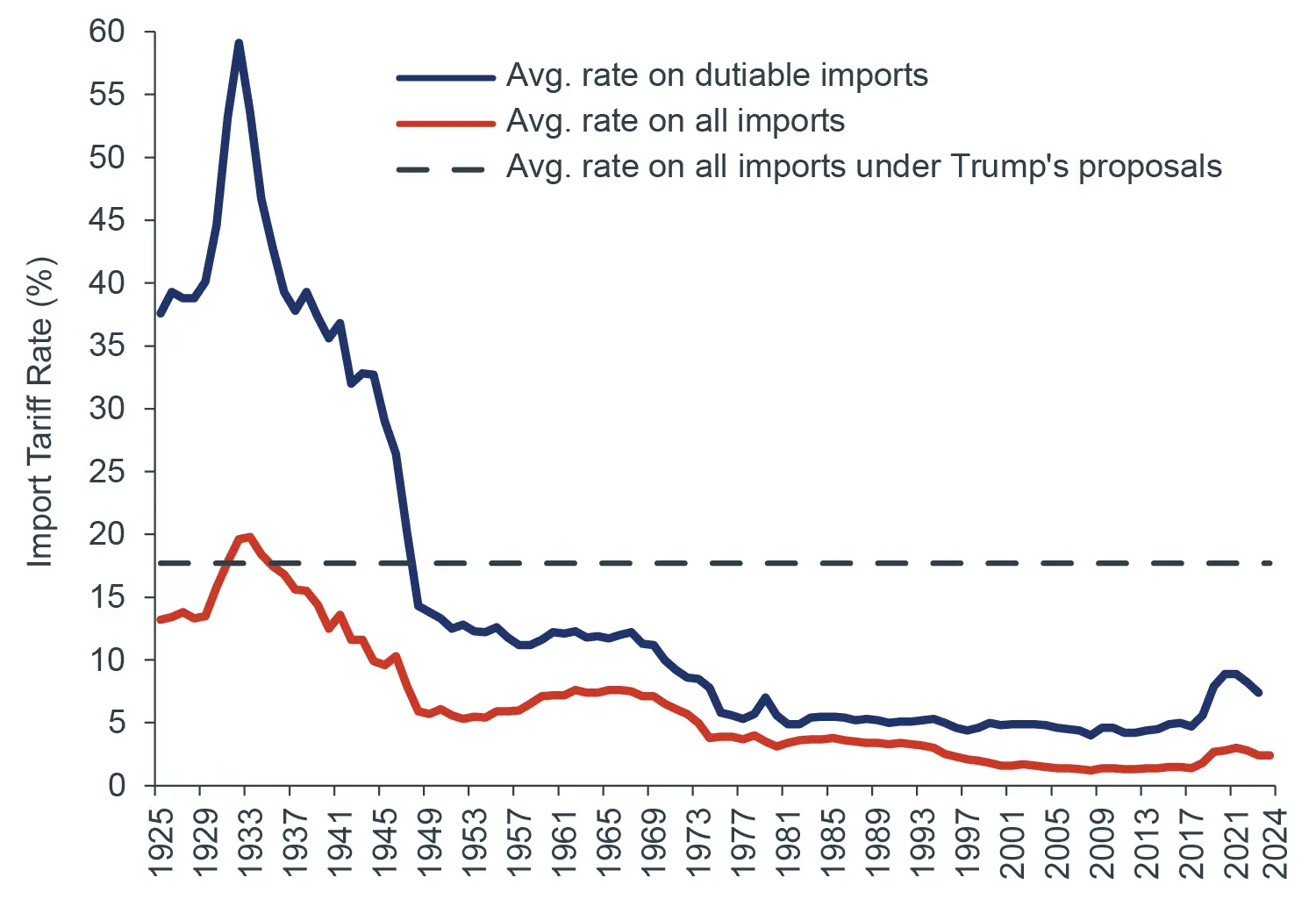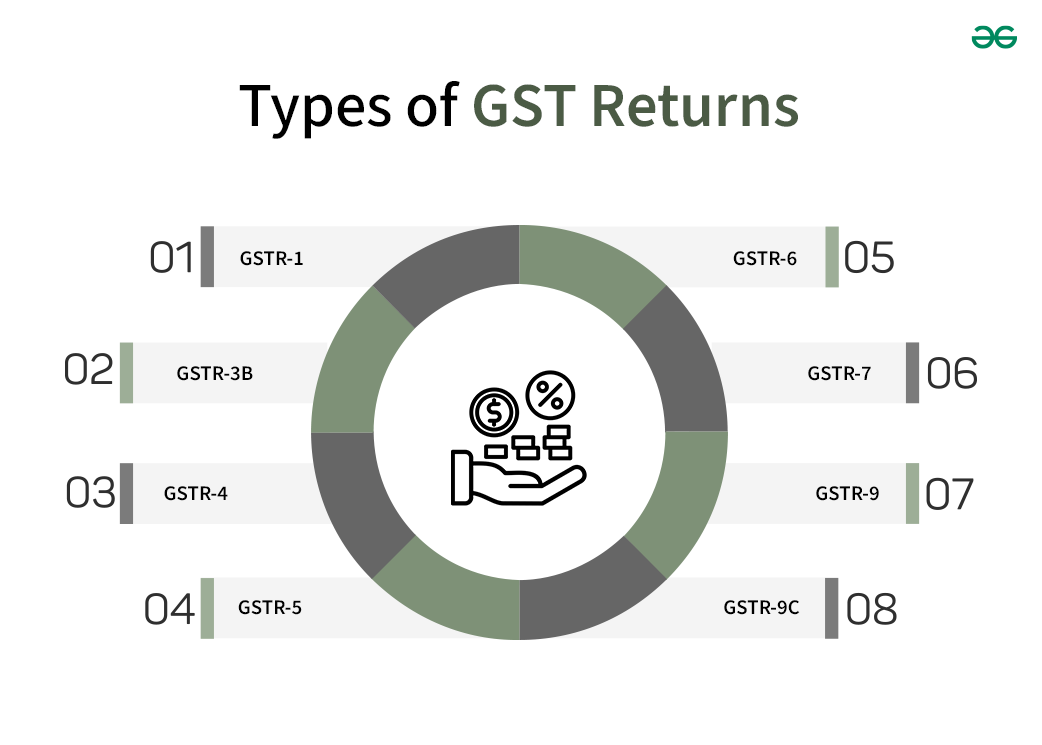The future of the US economy is being closely watched as global trade tensions and tariff wars continue to shape financial markets, supply chains, and business strategies. Tariffs—essentially taxes imposed on imports—are often used as a tool to protect domestic industries, but they can also create ripple effects across the economy. As the United States navigates complex trade relationships with China, the European Union, and other nations, the impact of tariff wars will play a significant role in shaping economic growth in the coming years.
Short-Term Impacts
In the short run, tariffs can provide a protective shield for certain US industries, such as steel, technology, and agriculture. By making imports more expensive, tariffs encourage domestic production and support local jobs. However, they also lead to higher prices for consumers and businesses that rely on imported goods. For instance, tariffs on raw materials like aluminum and semiconductors increase costs for US manufacturers, which may reduce their global competitiveness.
Long-Term Challenges
Over the long term, the US economy could face slower growth if tariff wars escalate. Rising import costs can fuel inflation, forcing the Federal Reserve to adopt tighter monetary policies. Export-oriented industries may also suffer from retaliatory tariffs imposed by trading partners, shrinking demand for American goods abroad. Furthermore, prolonged tariff conflicts disrupt global supply chains, discouraging foreign investment and creating uncertainty in the market.
Global Trade Shifts
Another potential outcome of continued tariff wars is a realignment of global trade networks. Countries affected by US tariffs may strengthen trade ties with alternative partners, bypassing American markets. This shift could reduce the US’s influence in global trade and weaken its long-term economic dominance.
Opportunities Ahead
Despite the risks, tariff wars may also present opportunities. They could push the US to invest more in domestic manufacturing, innovation, and infrastructure, reducing reliance on imports. Additionally, if trade negotiations result in fairer agreements, American companies may benefit from better access to global markets in the future.
The future of the US economy in the context of tariff wars is a balancing act between protectionism and globalization. While tariffs may provide short-term benefits to specific industries, prolonged trade conflicts risk higher costs, inflation, and reduced competitiveness. Ultimately, the long-term health of the US economy will depend on strategic policymaking, innovation, and the ability to adapt to an increasingly interconnected global marketplace.
What is CPC or PPC Website and How it Works
Best website company in Kolkata – Techwelfare.com
Professional Investment Website
![]()





